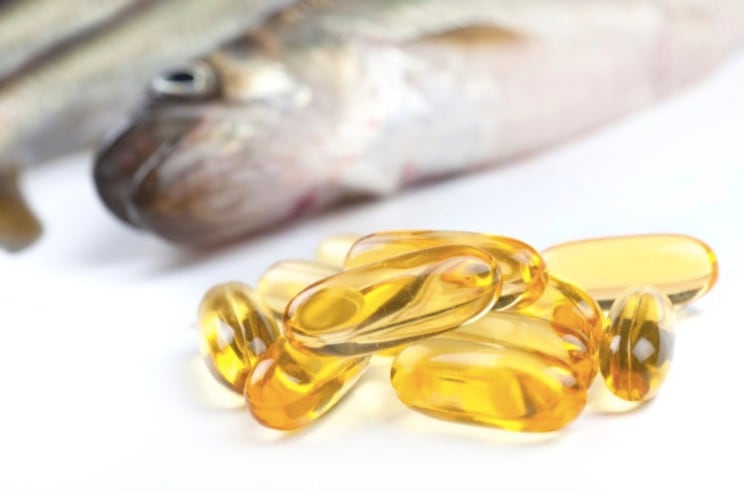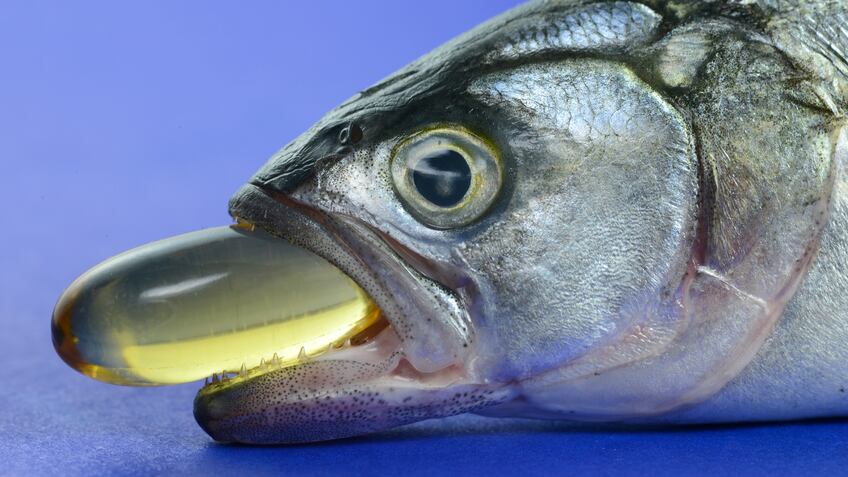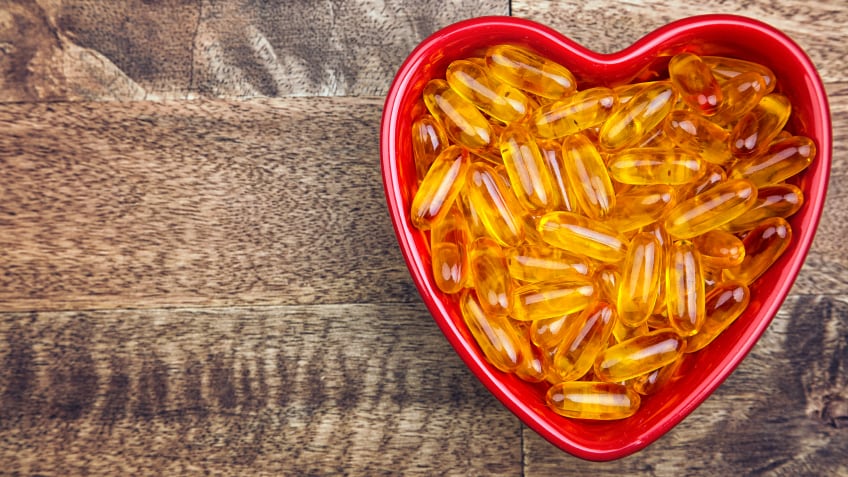A team of academics at Hong Kong Polytechnic University, led by Dr Wang Yi and Professor Wong Man-sau, used Zein, an edible corn protein, as the encapsulation material to mimic milk fat globule membrane (MFGM).
The nano-encapsulation forms a core-shell structure to protect DHA in fish oil throughout gastric digestion, and facilitate DHA absorption in the brain, intestine and placenta.
“Our team innovated the nano-encapsulation technology, which is proven to be an effective technology to protect DHA from oxidation in vivo, thus enhancing the absorption and efficacy of DHA. Our findings also indicated that the technology can help overcome blood-brain barrier in DHA delivery. We therefore believe that the technology could be further applied to enhance the efficiency of drug delivery for the brain, such as those for patients with dementia or Alzheimer’s disease,” said Dr Wang Yi.
To test the effectiveness of nano-encapsulation technology in enhancing DHA absorption, the team conducted some experiments on maternal mice and their offsprings.
In two groups of maternal mice, each of six, fed with normal fish oil (Normal FO) and nano-encapsulated fish oil (Nano FO) respectively, it was found that the DHA concentration in the duodenum and jejunum of the Nano FO group was significantly higher than the Normal FO group.
Oxidation and degradation
The result implies that DHA, being protected by the encapsulation structure from oxidation and degradation under stomach’s acidic conditions, is successfully released in the upper two parts of the small intestine of the Nano FO group.
Also, the DHA contents in the brain of the Nano FO maternal mice were significantly higher.
This indicates that DHA was delivered to the brain of the Nano FO group more effectively as the challenge of the blood-brain barrier was overcome.
Writing in the journal Nanomedicine: Nanotechnology, Biology and Medicine, the researchers added they also assessed the offsprings of the maternal mice.
The mice were divided into six groups, each with 10, and were fed with different diets including: 1) no DHA meal; 2) Zein; 3) normal low dose fish oil (Normal FO-low); 4) normal high dose fish oil (Normal FO-high); 5) Nano-encapsulated low dose fish oil (Nano FO-low); and 6) Nano-encapsulated high dose fish oil (Nano FO-high).
The researchers wrote that those with higher doses of nano FO achieved better results.
“In the behavioural assessments, high dose of nano FO showed improvement in learning and memory compared to the control group in both NOR and Y-maze test, while low dose of nano FO and high dose of normal FO, respectively, showed improvement compared to the control group in NOR test,” they staed.
“High dose of nano FO also showed higher BDNF amount, which increases the neuroplasticity and cell survival, in the hippocampus of the brain than the control group.”
The in vivo safety evaluation study showed that there was no safety concerns of nano FO.
The paper concludes: “Nano FO could be considered as a prospective DHA delivery system to enhance the maternal and fetal absorption of DHA to improve early brain development.”
Source: Nanomedicine: Nanotechnology, Biology and Medicine,
https://doi.org/10.1016/j.nano.2018.09.006
“A nanoencapsulation suspension biomimetic of milk structure for enhanced maternal and fetal absorptions of DHA to improve early brain development”
Authors: JieZengMS, et al.





